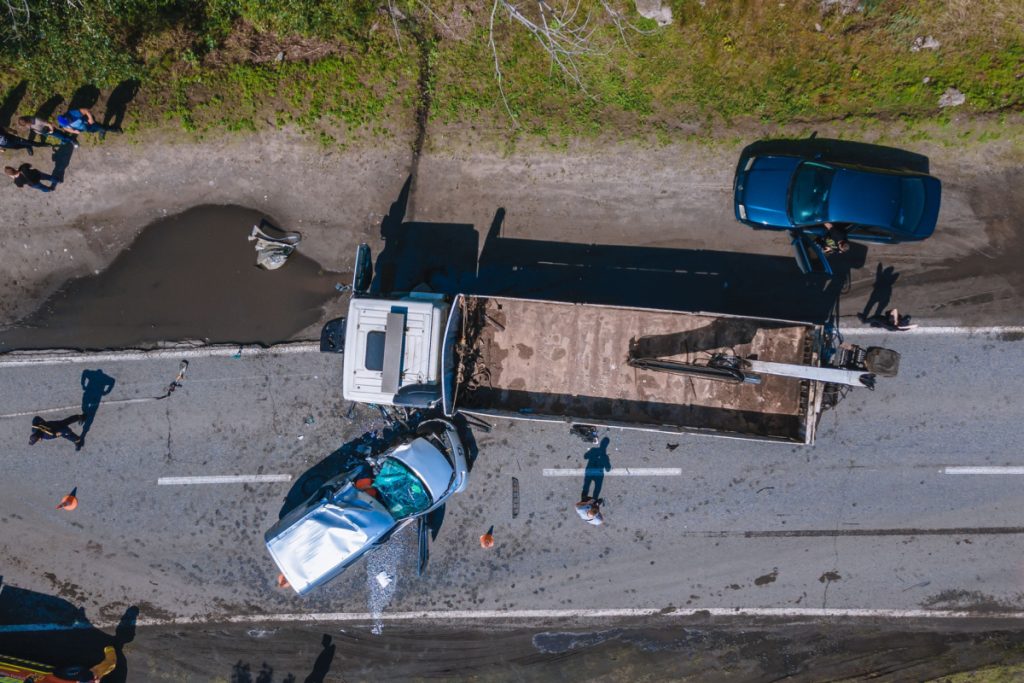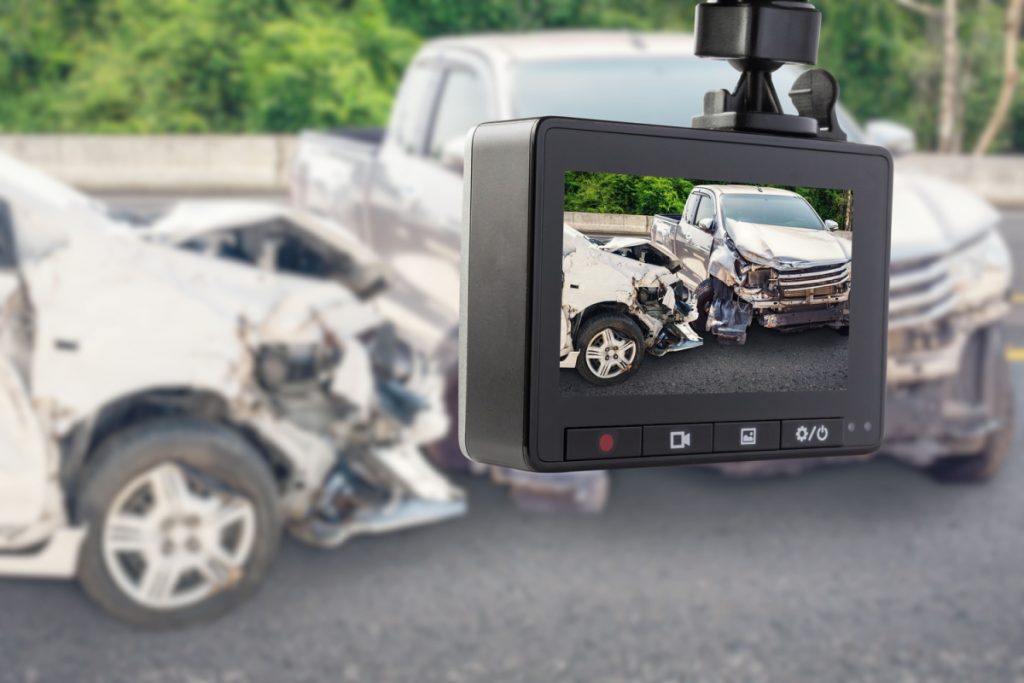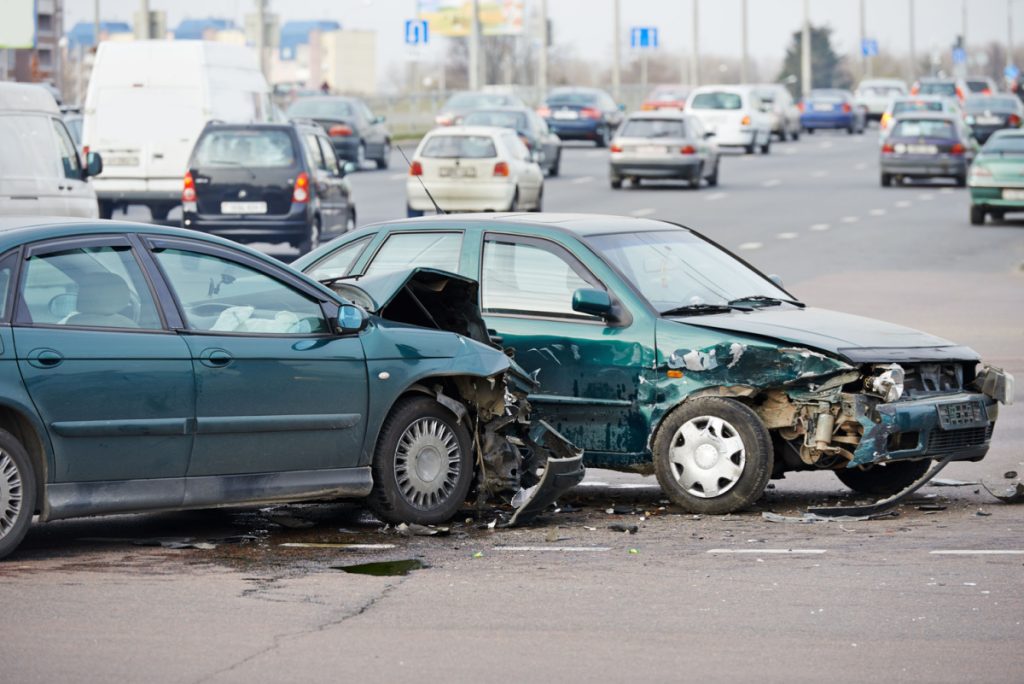Particularly when it comes to demonstrating the plaintiff’s life’s present and future effects, a personal injury claim involving catastrophic injuries might pose specific difficulties. Additionally, a catastrophic accident will undoubtedly raise the plaintiff’s compensable losses (also known as “damages”) as well as the case’s worth. In this article, we’ll examine the range of catastrophic injuries that may occur, problems that frequently arise in these situations, and instances of settlements and verdicts in cases involving catastrophic/severe injury.
What Kind of Injuries Qualify as “Severe”?
In the field of personal injury law, there is no standardized definition of “catastrophic injury,” however the following sorts of harm would probably be characterized as “catastrophic”:
- spinal cord injuries, particularly those that cause complete or partial paralysis
- significant spine damage
- traumatic brain injuries (TBI) and other serious head traumas that cause limb amputation
- any injury that causes long-term or permanent disability that significantly disrupts the plaintiff’s life, especially their ability to earn a living, and especially those requiring extensive medical treatment and/or long-term care.
“Severe” Harm May Be Relative
In some ways, the individual who was harmed and the effect of the harm on that person’s life determine whether or not an injury is considered catastrophic or severe. For instance:
It would probably be considered catastrophic impairment to her life if a single mother of three has a head injury in a car accident that precludes her from working or caring for her children at home.
He would undoubtedly classify his injuries as “catastrophic” if a professional skier sustained two broken legs in a skiing accident and his knee strength and stability never recovered from before the accident.
In Cases involving Serious Injuries, There Is An Additional Payout (And Additional Challenges)
It makes sense that the more severe your injuries, the more “damages” you can anticipate receiving since the value of any personal injury case is often predicated on the kind and severity of the claimant’s injuries. However, the information, justifications, and proof required to establish the entire scope of the plaintiff’s damages also have a tendency to become far more involved and intricate.
That’s because the plaintiff may only be at the start of a protracted initial healing process following an accident that leaves them with catastrophic injuries, and they may need to pay for medical treatment for the rest of their lives. In order to meaningfully evaluate the plaintiff’s case and negotiate an injury settlement that will be acceptable to both parties, the attorneys for both sides must have a thorough grasp of the particular medical treatment that will be required both now and in the future. In describing the required course of treatment, the expected expenses of that treatment, the financial impact of the plaintiff’s inability to work, and other aspects of economic damages, medical and economic experts will probably play a significant role.
In terms of non-economic damages, the plaintiff will need to establish his or her “pain and suffering,” emotional anguish, and other more ephemeral sorts of losses through testimony from both the plaintiff and medical specialists such as doctors and mental health professionals.
Contact a Lawyer in Las Vegas, Nevada.
If you or a loved one have suffered a catastrophic injury, don’t hesitate to contact us today! Ace Lakhani Law Firm has experienced attorneys that specialize in navigating catastrophic injury cases.






